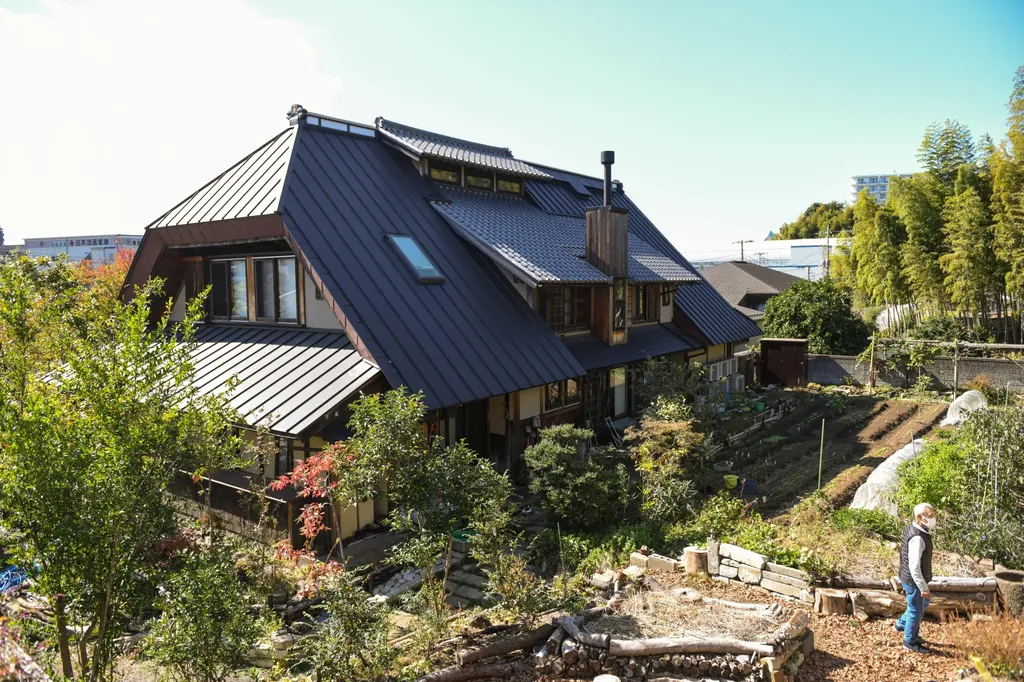In the heart of Japan’s rural landscapes, a silent crisis unfolds: 8.5 million vacant homes, known as Akiyas, stand abandoned as depopulation leaves communities in limbo. Meanwhile, urban areas grapple with housing shortages and bureaucratic inefficiencies that stifle the reuse of these properties. Enter AKI2ALL, a groundbreaking framework that could turn this paradox into an opportunity, merging artificial intelligence (AI) and blockchain technology to breathe new life into these forgotten structures.
Developed by Manuel Herrador of the Polytechnic School of Jaen at the University of Jaen, AKI2ALL is more than just a technological innovation—it’s a blueprint for circular construction and decentralized governance. By automating the repurposing of Akiyas into ten high-value community assets, this framework promises to streamline property transitions, tax validation, and administrative processes, all while reducing operational costs and preserving the embodied carbon in existing structures.
“The beauty of AKI2ALL lies in its ability to bridge gaps in digital construction governance,” Herrador explains. “By automating trust and accountability, we can transform systemic inefficiencies into opportunities for community-led, low-carbon regeneration.”
The framework’s potential extends far beyond Japan’s borders, offering a scalable model for vacant property reuse worldwide. Imagine guesthouses, co-working spaces, urban farming hubs, and disaster relief housing—all born from the repurposing of abandoned properties. These initiatives not only revitalize rural communities but also contribute to the energy sector by promoting sustainable construction practices and reducing the demand for new builds.
“AKI2ALL is a game-changer,” says Herrador. “It’s about creating a circular economy where every structure has the potential for multiple lives, each one more sustainable than the last.”
The implications for the energy sector are profound. By repurposing existing structures, AKI2ALL reduces the need for new construction, conserving energy and resources. This aligns with global trends towards sustainability and circular economies, positioning AKI2ALL as a pioneering model in the fight against climate change.
Published in the journal ‘Buildings’ (translated from English), this research highlights the transformative power of integrating AI and blockchain technology in construction. As the world grapples with housing shortages and environmental challenges, AKI2ALL offers a beacon of hope, proving that innovation can turn systemic inefficiencies into opportunities for regeneration and sustainability.
In a world increasingly aware of its environmental footprint, AKI2ALL stands as a testament to the power of technology to drive positive change. By automating trust and accountability, it paves the way for a future where every abandoned property is a potential asset, waiting to be unlocked for the benefit of communities and the planet.

